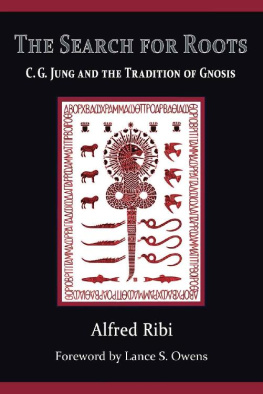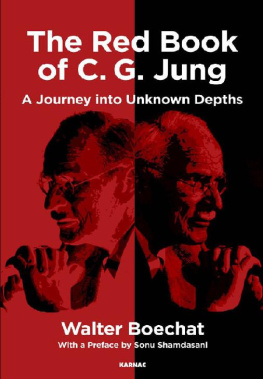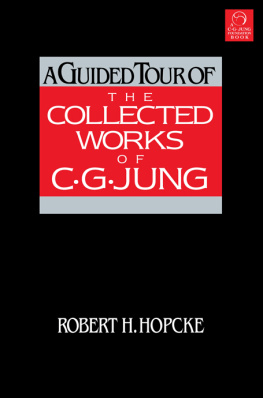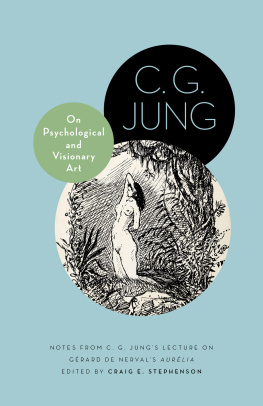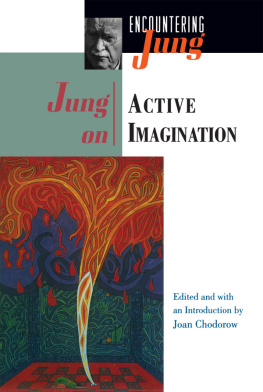Alfred Ribi - The Search for Roots: C. G. Jung and the Tradition of Gnosis
Here you can read online Alfred Ribi - The Search for Roots: C. G. Jung and the Tradition of Gnosis full text of the book (entire story) in english for free. Download pdf and epub, get meaning, cover and reviews about this ebook. year: 2013, publisher: Gnosis Archive Books, genre: Science. Description of the work, (preface) as well as reviews are available. Best literature library LitArk.com created for fans of good reading and offers a wide selection of genres:
Romance novel
Science fiction
Adventure
Detective
Science
History
Home and family
Prose
Art
Politics
Computer
Non-fiction
Religion
Business
Children
Humor
Choose a favorite category and find really read worthwhile books. Enjoy immersion in the world of imagination, feel the emotions of the characters or learn something new for yourself, make an fascinating discovery.
- Book:The Search for Roots: C. G. Jung and the Tradition of Gnosis
- Author:
- Publisher:Gnosis Archive Books
- Genre:
- Year:2013
- Rating:4 / 5
- Favourites:Add to favourites
- Your mark:
The Search for Roots: C. G. Jung and the Tradition of Gnosis: summary, description and annotation
We offer to read an annotation, description, summary or preface (depends on what the author of the book "The Search for Roots: C. G. Jung and the Tradition of Gnosis" wrote himself). If you haven't found the necessary information about the book — write in the comments, we will try to find it.
In The Search for Roots, Alfred Ribi closely examines Jungs life-long association with Gnostic tradition. Dr. Ribi knows C. G. Jung and his tradition from the ground up. He began his analytical training with Marie-Louise von Franz in 1963, and continued working closely with Dr. von Franz for the next 30 years. For over four decades he has been an analyst, lecturer and examiner of the C. G. Jung Institute in Zurich, where he also served as the Director of Studies.
But even more importantly, early in his studies Dr. Ribi noted Jungs underlying roots in Gnostic tradition, and he carefully followed those roots to their source. Alfred Ribi is unique in the Jungian analytical community for the careful scholarship and intellectual rigor he has brought to the study Gnosticism. In The Search for Roots, Ribi shows how a dialogue between Jungian and Gnostic studies can open new perspectives on the experiential nature of Gnosis, both ancient and modern. Creative engagement with Gnostic tradition broadens the imaginative scope of modern depth psychology and adds an essential context for understanding the voice of the soul emerging in our modern age.
A Foreword by Lance Owens supplements this volume with a discussion of Jungs encounter with Gnostic tradition while composing his Red Book (Liber Novus). Dr. Owens delivers a fascinating and historically well-documented account of how Gnostic mythology entered into Jungs personal mythology in the Red Book. Gnostic mythology thereafter became for Jung a prototypical image of his individuation. Owens offers this conclusion:
In 1916 Jung had seemingly found the root of his myth and it was the myth of Gnosis. I see no evidence that this ever changed. Over the next forty years, he would proceed to construct an interpretive reading of the Gnostic traditions occult course across the Christian aeon: in Hermeticism, alchemy, Kabbalah, and Christian mysticism. In this vast hermeneutic enterprise, Jung was building a bridge across time, leading back to the foundation stone of classical Gnosticism. The bridge that led forward toward a new and coming aeon was footed on the stone rejected by the builders two thousand years ago.
Alfred Ribis examination of Jungs relationship with Gnostic tradition comes at an important time. Initially authored prior to the publication of Jungs Red Book, current release of this English edition offers a bridge between the past and the forthcoming understanding of Jungs Gnostic roots.
Alfred Ribi: author's other books
Who wrote The Search for Roots: C. G. Jung and the Tradition of Gnosis? Find out the surname, the name of the author of the book and a list of all author's works by series.

